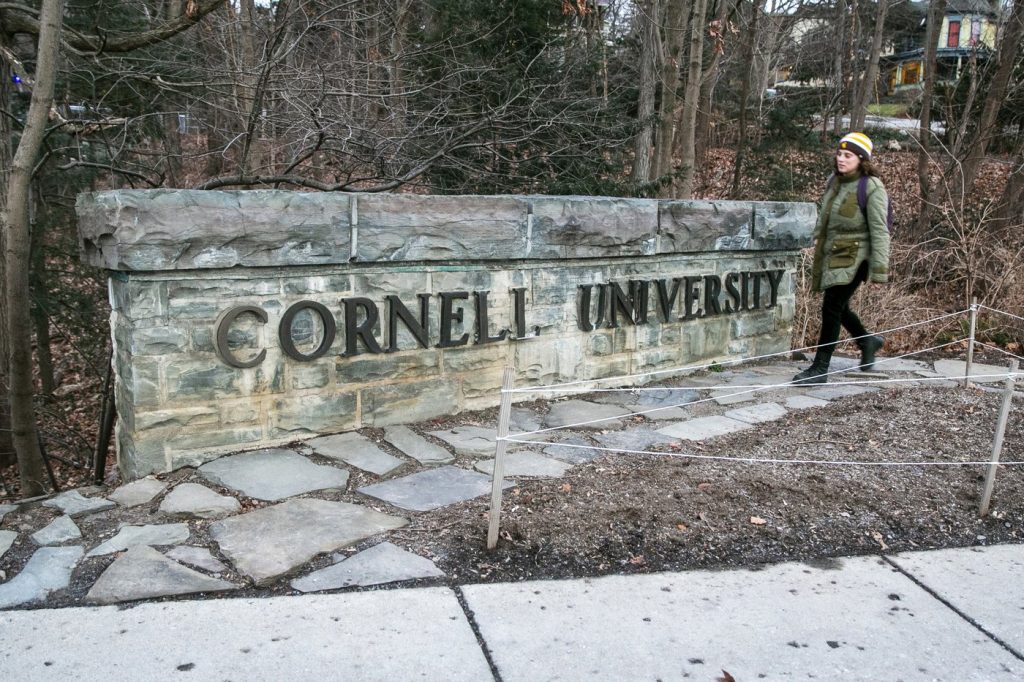WASHINGTON (AP) - The White House announced the freezing of more than $1 billion in federal funding for Cornell University and approximately $790 million for Northwestern University amid ongoing government investigations into alleged civil rights violations at both institutions. This development is part of a broader strategy by the Trump administration to leverage federal funding as a means to influence policies at major academic institutions.
On Tuesday night, the White House confirmed the suspension of funds but did not provide specific details regarding the grants affected by this action. The move comes as the administration seeks to align university practices with President Donald Trump's political agenda, a trend that has seen funding cuts applied to other universities, such as Columbia University and the University of Pennsylvania.
In light of these recent developments, universities across the nation are facing mounting challenges as they navigate significant cuts to research grants. For instance, Cornell University reported receiving over 75 stop-work orders from the Defense Department, which pertained to research projects deemed crucial for American national defense, cybersecurity, and public health. However, Cornell indicated that they had yet to receive official confirmation regarding the $1 billion in frozen grants.
Michael I. Kotlikoff, the president of Cornell, expressed that the university is actively seeking clarification from federal officials about the rationale behind these funding decisions. Similarly, Northwestern University’s president, Michael Schill, communicated in an email to the university community that the institution had not been formally notified by the federal government regarding the funding cuts.
In a related context, last month, the U.S. Department of Education sent letters to more than 60 universities, including both Cornell and Northwestern, alerting them to potential enforcement actions if they failed to meet their obligations under federal laws designed to protect Jewish students. These protections include ensuring uninterrupted access to campus facilities and educational opportunities.
The Trump administration has notably threatened to revoke federal funding from universities that allegedly allowed antisemitism to persist during campus protests against Israel’s actions in Gaza. These allegations, particularly against Columbia University, have been met with denials by the accused institutions. Columbia has faced significant scrutiny and has been threatened with the loss of $400 million in federal funds due to accusations of failing to curb antisemitism during protests that initially began at its New York City campus last spring.
The administration’s demands for Columbia include significant changes to university policies as a precondition for restoring the threatened funding and securing billions more in future grants. Columbia’s decision to comply with these demands, reportedly in an effort to protect ongoing research projects, has been criticized by various faculty members and free speech advocates who view it as an infringement on academic freedom.
As controversies continue to unfold over the administrations’ tactics regarding funding and civil rights enforcement in academic settings, institutions across the country remain on high alert, trying to balance federal compliance with their educational missions and values.










